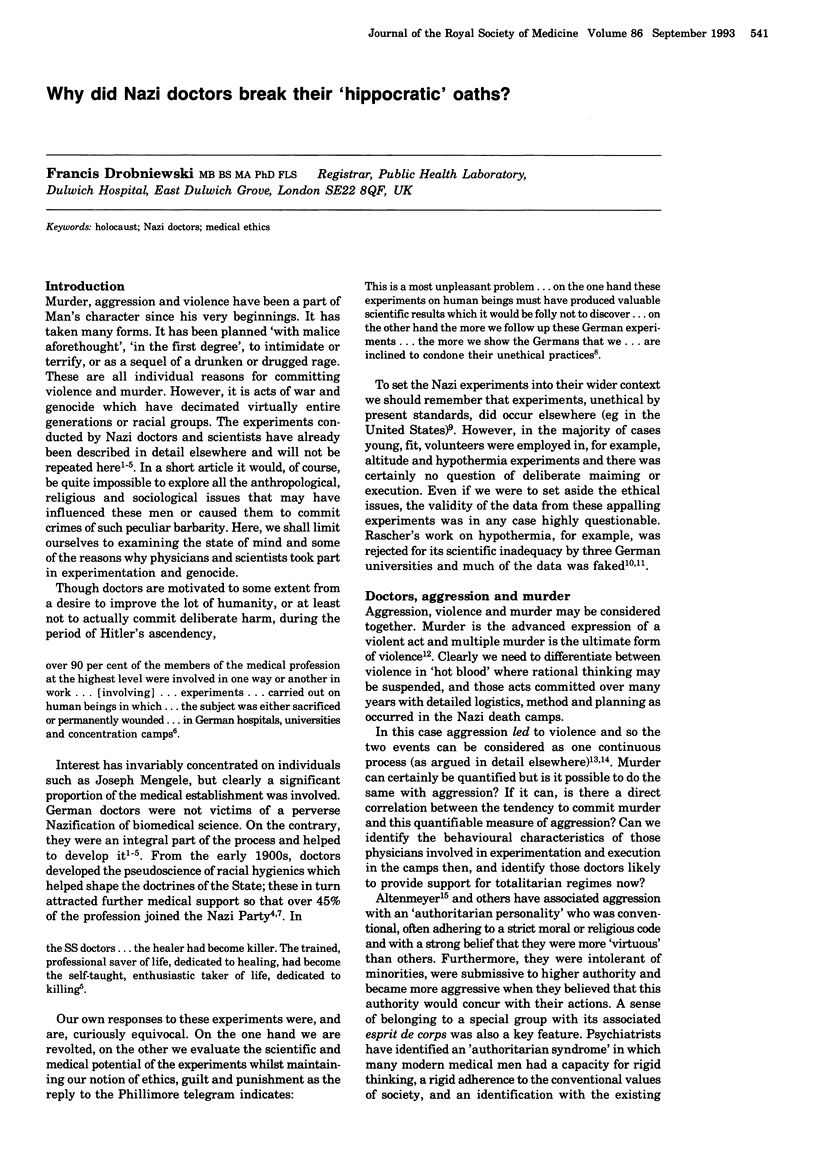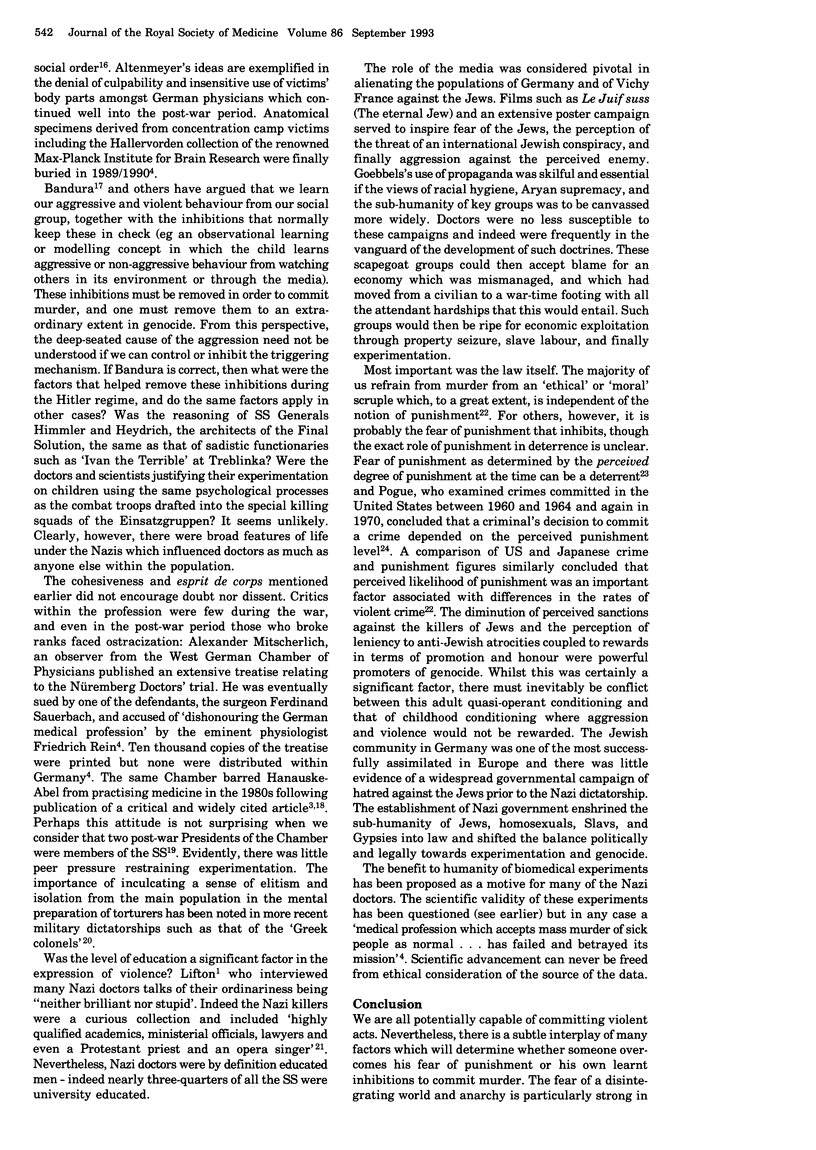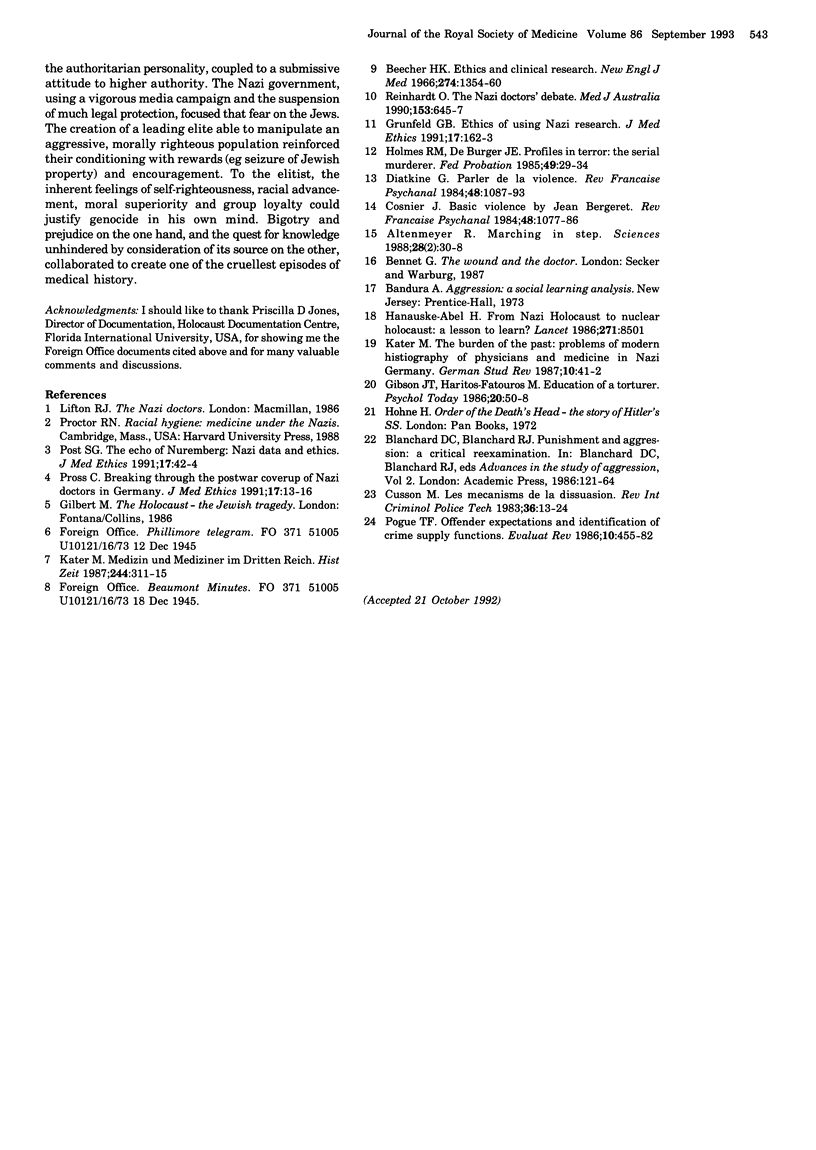Repost: Physicians were over-represented in Nazi Germany.
After reflecting on the fact that Gaza had more than 30 hospitals before the current war, and the absence of doctors speaking out about Hamas and militants harming their own people, I found myself down a dark rabbit hole: the striking over-representation of doctors in Nazi Germany. The subject is both fascinating and unsettling. Since I worry that sources like these might eventually vanish from the internet, I asked ChatGPT to summarize the more imteresting articles for me, removing my personal biases.
Note: I’ve previously written about Asperger’s and Syndrome K. I also will eventually turn to the pseudo-sciences concocted by the Nazis and Mengele, how Israel treated/saved the (ex) leaders of Hamas, and how doctors around the world, in 2025, are refusing to treat Jews, Israelis and Zionists, and demand boycott of medicines made by us pesky Jews.
Unsurprisingly, those who hated Jews were not practicing “real” science. They were bad doctors and bad scientists. “O Lord make my enemies ridiculous.”
Why so many doctors backed Nazism
Doctors were disproportionately early joiners and active implementers of Nazi policy. The literature shows a mix of careerism, ideology, and professional structures that aligned medicine with a racial state.
1) Haque et al. (2012) — International Journal of Law and Psychiatry
Article: “Why did so many German doctors join the Nazi Party early?”
Key take: Early Nazi-Party membership among physicians stemmed from economic pressure, moral rationalization, and ideological framing.
Quote: “more than half of all German physicians became early joiners of the Nazi Party.”
Paraphrased abstract: During Weimar, physicians joined the Nazi Party in unusually large numbers relative to other professions. Doctors were vulnerable to conformity pressures, the appeal of eugenics and Social Darwinism, and promises of professional security. Many rationalized the exclusion of Jewish colleagues as an ethical act, recasting persecution as medicine. The authors argue that these dynamics must be understood to prevent future abuses.
2) Cohen (1998) — Annals of the Royal College of Physicians and Surgeons of Canada
Article: “The Nazification of German physicians, 1918–1937”
Key take: Physicians were the most over-represented academic profession in Nazi Germany.
Quote: “Physicians were the most over-represented academic profession in the Third Reich.”
Paraphrased abstract: Cohen traces how doctors moved from professional crisis in Weimar into enthusiastic support for Nazism. They were attracted by promises of higher status, economic security, and the removal of Jewish competitors. By the mid-1930s, physicians were central to sterilization, euthanasia, human experimentation, and genocide.
3) Hanauske-Abel (1996) — BMJ
Article: “Not a slippery slope or sudden subversion: German medicine and National Socialism in 1933”
Key take: Medicine did not merely slide or get co-opted — it actively set its own course.
Quote: “the German medical community set its own course in 1933.”
Paraphrased abstract: Reviewing German medical journals from 1933, the article shows that doctors took initiative in aligning with the new state, particularly in sterilization policy. This was not passive complicity but active professional leadership. The lesson: medicine can become dangerous when political, scientific, and economic incentives converge against human dignity.
4) Grodin et al. (2018) — American Journal of Public Health
Article: “Physicians and the Holocaust: Lessons for Today”
Key take: Doctors conceptualized and administered sterilization and euthanasia, not merely executed orders.
Quote: “Physicians joined the Nazi Party both earlier and in larger numbers than any other group of professionals.”
Paraphrased abstract: Physicians framed mass killing as “racial hygiene” and public health. Professional structures fused with Nazi institutions, creating a technocratic system of persecution that moved stepwise from sterilization courts to “euthanasia” programs to the concentration camps.
5) Weisz & Hemstreet (2024) — Rambam Maimonides Medical Journal
Article: “The Medical Professional Elimination Program and the Mobilization of Physicians in Nazi Germany”
Key take: Excluding Jewish doctors was both ideological and opportunistic.
Quote: “Implementation of the Nazi ideology required the exclusion of Jewish people, particularly Jewish physicians, from their professions.”
Paraphrased abstract: The authors show how eliminating Jewish doctors was a deliberate project that mobilized non-Jewish physicians and gave them professional and economic gains. This purge strengthened medicine’s integration into the Nazi state, paving the way for experiments, euthanasia, and genocide.
6) Seidelman (1995) — Medicine and Global Survival
Article: “Whither Nuremberg?: medicine’s continuing Nazi heritage”
Key take: It is a myth that only a handful of “demonic” doctors were responsible.
Quote: “The success of this myth has imperiled the value system of medicine today.”
Paraphrased abstract: Postwar narratives portrayed medical crimes as isolated, but in reality the profession as a whole bore responsibility. This myth has weakened ethical safeguards in medicine by avoiding institutional accountability.
7) Drobniewski (1993) — Journal of the Royal Society of Medicine
Article: “Why did Nazi doctors break their ‘Hippocratic’ oaths?”
Key take: The betrayal of the Hippocratic Oath was rooted in ideology, indoctrination, and professional opportunism.
Quote: “Why did Nazi doctors break their ‘Hippocratic’ oaths?”
Paraphrased abstract: Drobniewski explores how physicians abandoned medical ethics not solely under coercion but through a combination of indoctrination, self-interest, and rationalization. Doctors reframed their role as serving the health of the racial state, corrupting their healing mission into participation in violence.
Further Reading
Robert Jay Lifton (1986). The Nazi Doctors: Medical Killing and the Psychology of Genocide — A foundational book examining how physicians rationalized and implemented medicalized killing.
US Holocaust Memorial Museum. Nazi Medical Experiments — An accessible overview of experiments conducted in concentration camps and the role of physicians.
Michael Kater (1989). Doctors Under Hitler — A detailed study of the professional, economic, and ideological factors behind doctors’ deep involvement in the regime.



Conclusion
The story of Nazi doctors is not just a historical curiosity — it is a warning. Medicine becomes dangerous when it forgets its humanist core and allows political ideology, economic insecurity, or professional ambition to redefine “health” in racial or national terms. These studies show how quickly ethical commitments can be subverted when doctors see themselves as agents of the state rather than guardians of human dignity. Remembering this history is essential if we want medicine to remain a force for healing rather than harm.
